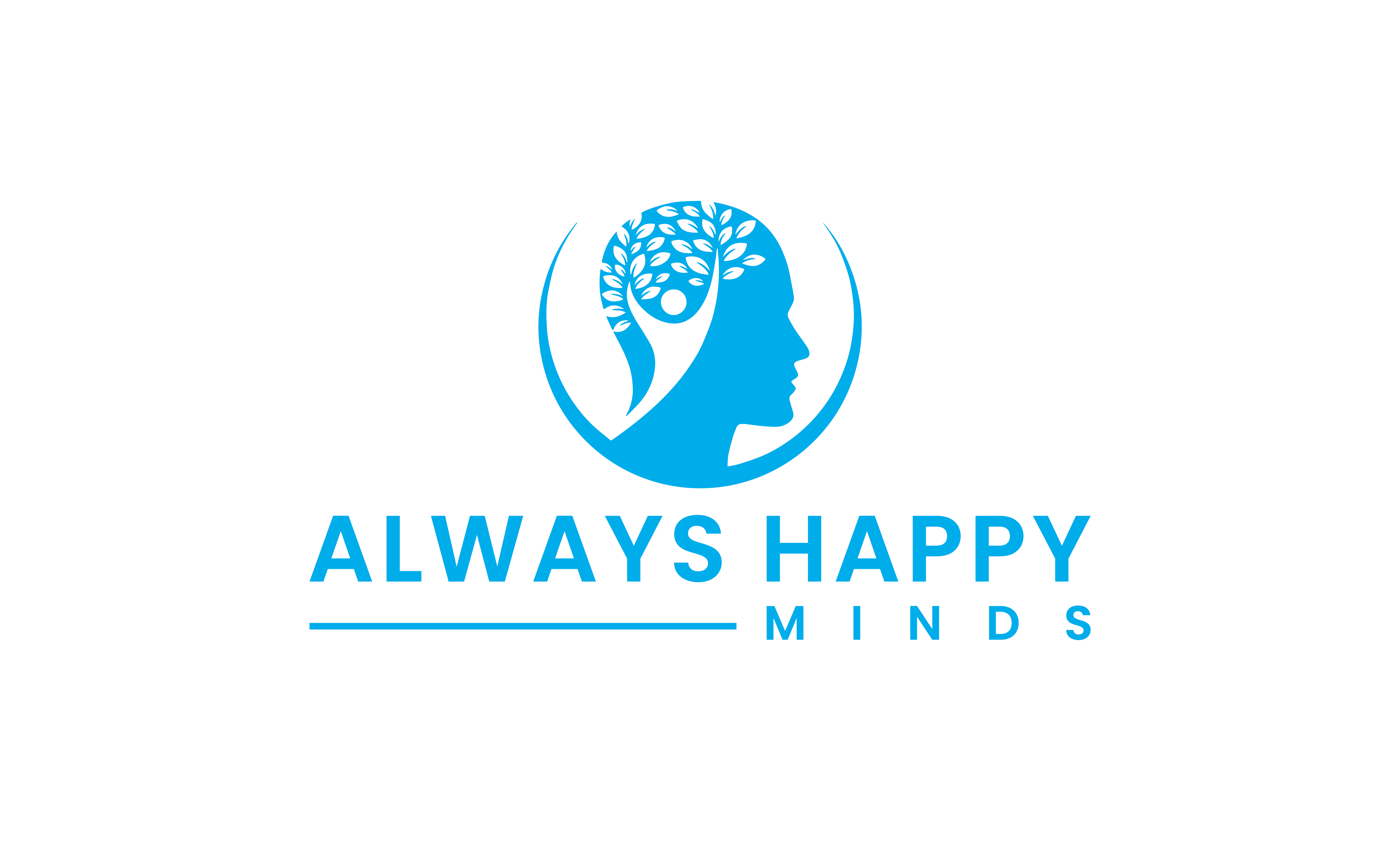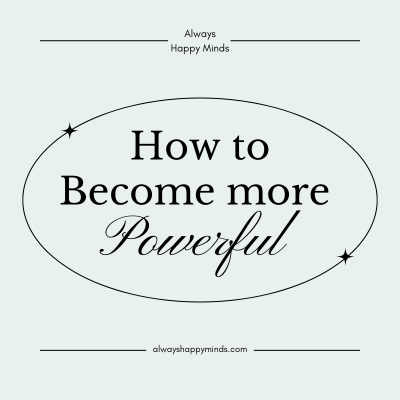Depression isn’t always obvious, and sometimes your loved ones might deliberately hide it. However, there are telltale signs that can help you detect if they are struggling with this challenging condition.
Depression can deeply impact their lives in multiple ways.
Consider these strategies to help you uncover whether someone close to you might be dealing with hidden depression:
- Why individuals conceal their depression. It’s often easier to mask emotional struggles rather than face them, which is why many people choose to hide their depression.
- Fear plays a significant role in why people conceal their mental health struggles. They may worry about how others will react or fear the potential impact on their job or family life. The stigma associated with depression adds to their reluctance.
- Many feel embarrassed and prefer not to be labeled with a mental health disorder, causing them to suppress their feelings.
- They might go to extremes to appear fine. To conceal their depression, they may become overly sociable or act more cheerful than usual.
- Research indicates that people hiding depression might force themselves to act overly friendly and flash fake smiles. This behavior serves as a mask to prevent others from noticing their struggles.
- Eating habits may change. Alterations in food consumption often accompany depression.
- They may overeat or lose their appetite. These shifts in eating habits might be an attempt to cope with their emotional state.
- If you notice irregularities in their diet, reflect on whether it could be tied to emotional distress. Food can become a coping mechanism for managing difficult feelings.
- Frequent angry outbursts. Anger may surface more often as depression worsens.
- While occasional anger is natural, frequent or unusual outbursts could signal that something deeper is going on, such as untreated depression.
- Disrupted sleep patterns. Sleep disturbances are a common indicator of depression.
- Changes in sleep habits without any apparent cause could point to an underlying issue. They might be sleeping excessively or struggling to get any rest.
- Consider why they’re having sleep issues. Are they avoiding sleep, or spending too much time in bed? Depression is often linked to insomnia or other sleep-related problems.
- Turning to addictive behaviors. Addiction frequently coexists with depression.
- Depression can lead to addictive behaviors, ranging from substance abuse to gambling or excessive eating.
- Engaging in risky activities is another red flag for those suffering from depression. Spotting these patterns early can help you guide them toward getting the support they need.
- Overloaded schedules may be a distraction. Keeping busy is often a way to avoid facing emotional pain.
- It’s common for individuals with hidden depression to pack their day with numerous activities, preventing themselves from sitting with their thoughts or drawing attention to their struggles.
- By filling their schedule, they create a distraction, avoiding the deeper emotions they’re suppressing.
- Difficulty thinking clearly. Depression can make decision-making difficult and cloud one’s ability to think straight.
- People with depression might struggle with focus, leading to poor decision-making or an inability to decide on anything at all.
Use these strategies to identify signs of hidden depression in your loved ones. Recognizing the issue is the first step in offering the support they need and guiding them toward a path of healing.

